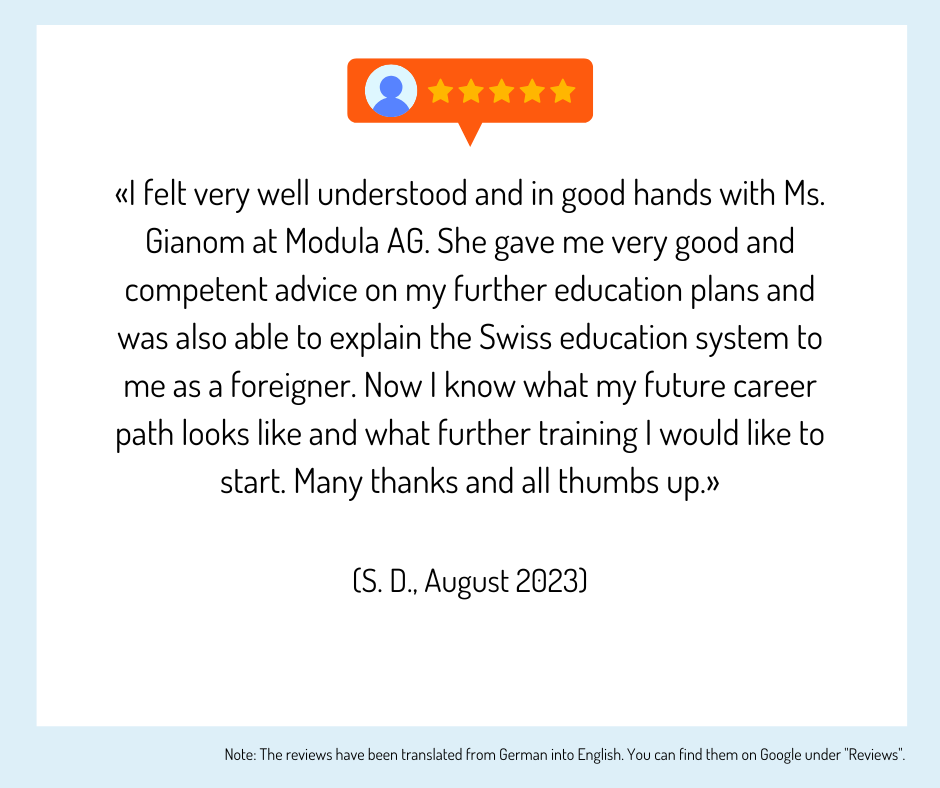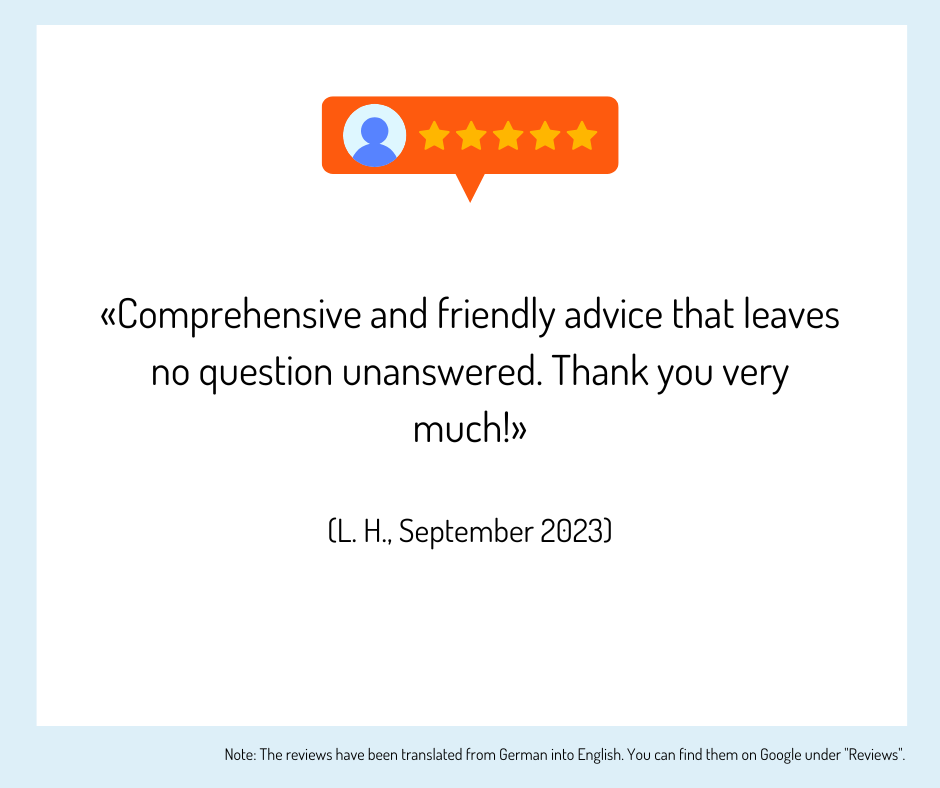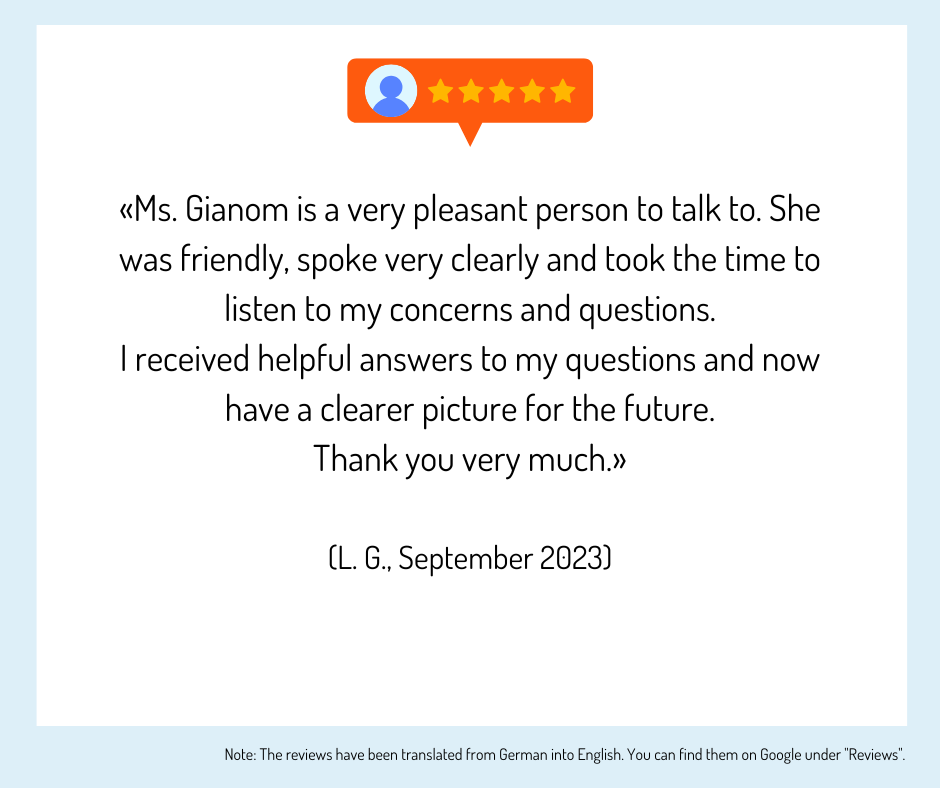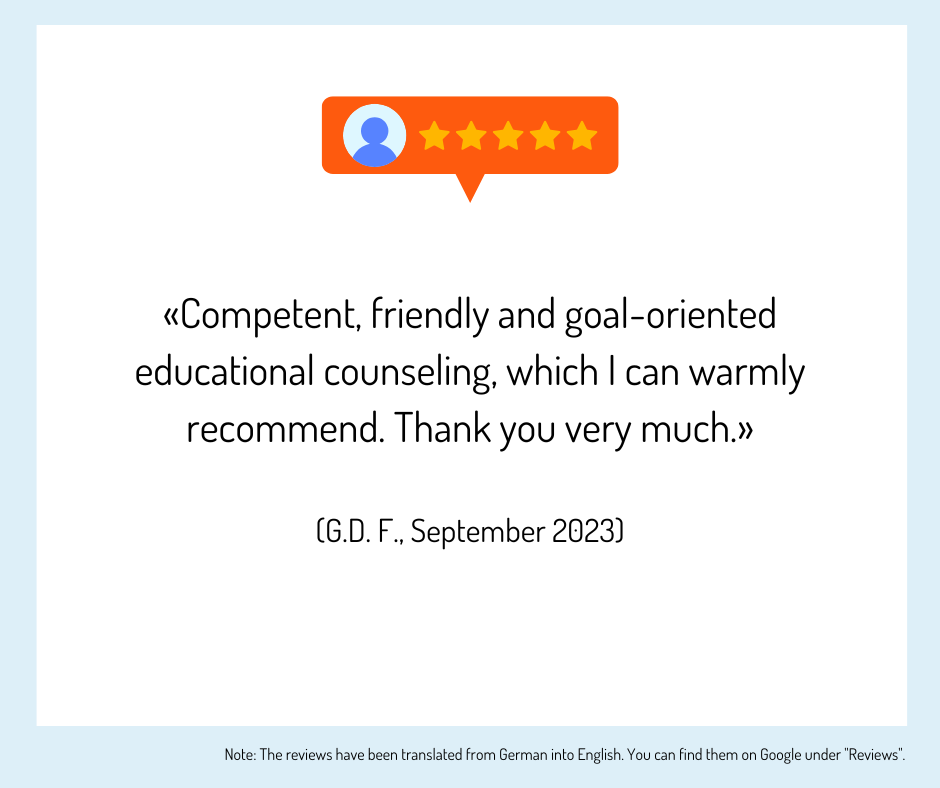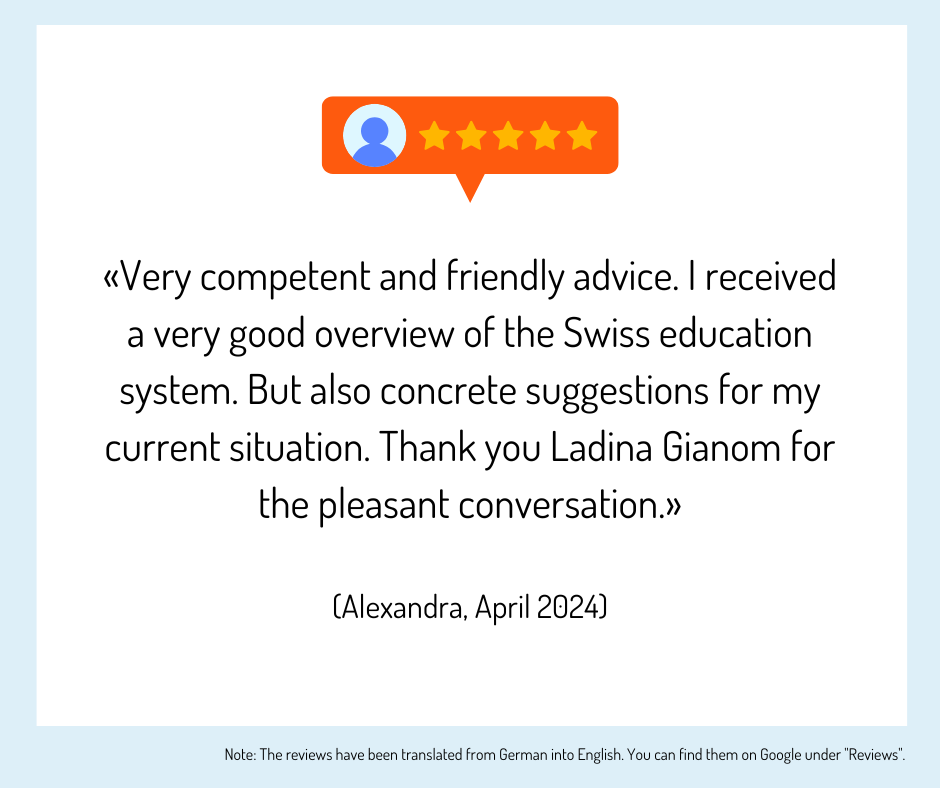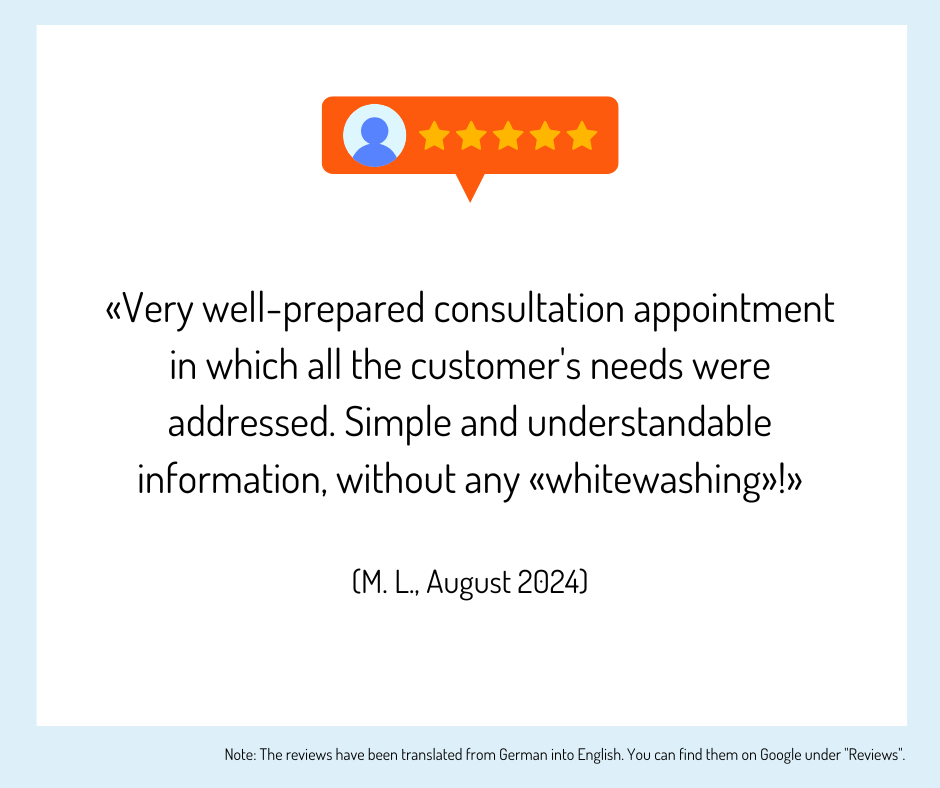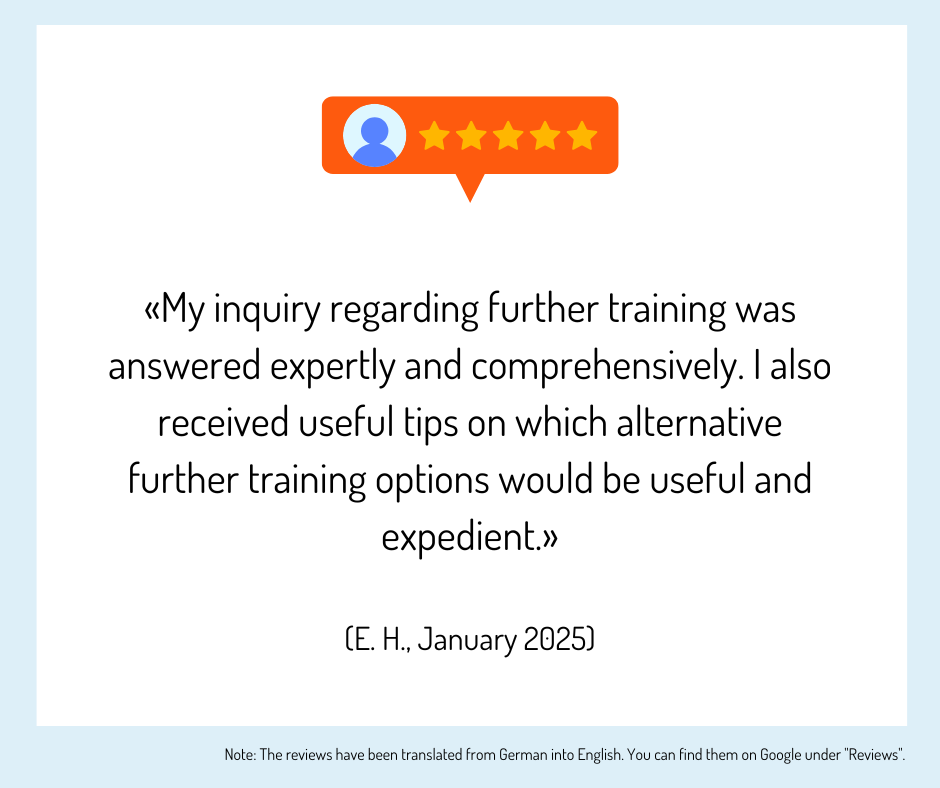Nursing specialist: Training, further education, studies, overview of offers and providers
Nursing specialist: a profession with prospects
Questions and answers
How long does the CHE nursing specialist training course take?
Full-time training to become a qualified nursing specialist CHE takes three years at most schools. In the case of continuing education, further training, the duration of training is extended accordingly, usually to around four years. Healthcare specialists Federal VET Diploma can aim for a shortened, two-year course, which is also part-time.
Can the training to become a qualified nursing specialist be shortened?
Federal VET Diploma healthcare specialists have the opportunity to complete their studies at a College of Higher Education to become a Federal VET Diploma nursing specialist within just two years.
Welche persönlichen Fähigkeiten werden für die Pflegefachmann-Ausbildung empfohlen?
Die folgenden persönlichen Fähigkeiten werden für die Pflegefachmann-Ausbildung empfohlen:
- Verantwortungsbewusstsein
- Kommunikations- und Teamfähigkeit
- gute Beobachtungsgabe
- hohe psychische und physische Belastbarkeit
- Bereitschaft zu flexiblen Arbeitszeiten
- saubere Arbeitsweise und Hygienebewusstsein
Do I need a specific apprenticeship qualification to train as a qualified nursing specialist?
In order to be admitted to the CHE Nursing Diploma course, prospective students must have either a Specialized School Certificate, a Baccalaureate or a Federal Diploma of Vocational Education and Training (Vocational Education and Training). The industry and profession in which this Federal VET Diploma was obtained is irrelevant for admission to the CHE course.
In which areas are nursing specialists active?
Nursing professionals work in hospitals, psychiatric clinics, nursing and retirement homes, Spitex or other healthcare facilities. Depending on the place of employment, a qualified nursing specialist CHE looks after and cares for people of very different ages, backgrounds and illnesses. They care for the elderly as well as children with long-term illnesses, adolescents with mental or somatic illnesses, women in childbed or adults in acute care. For a more detailed description of the activities in nursing care, please refer to our free guide "Education, training and continuing education, further training in the fields of health and medicine" (see navigation point "Educational assistance" above) or contact the relevant College of Higher Education directly using the contact form.
Welche kommunikativen und administrativen Tätigkeiten sind nach der Pflegefachmann HF Ausbildung möglich?
Folgende kommunikative und administrative Tätigkeiten sind nach der Pflegefachmann HF Ausbildung möglich:
- Gespräche mit Patientinnen und Patienten sowie deren Angehörigen führen, um Symptome wie Schmerzen zu erfassen oder Informationen über die Lebensumstände zu erhalten, damit der Austritt aus dem Spital geplant werden kann.
- regelmässige Besprechungen mit Ärztinnen und Ärzten, Physiotherapeutinnen und Physiotherapeuten, Diätassistentinnen und Diätassistenten und anderen Angehörigen der Gesundheitsberufe über den Gesundheitszustand und den Behandlungsplan der Patientinnen und Patienten
- die Aufgaben des Pflegepersonals je nach Arbeitsort unter Berücksichtigung der verfügbaren Ressourcen und der Bedürfnisse der Patientinnen planen
- koordinieren die Behandlung der Patientinnen in einem Team, das sich aus verschiedenen Gesundheitsfachpersonen zusammensetzt
- organisieren die Entlassung nach Hause oder die Verlegung in eine Rehabilitationsklinik oder ein Alters- und Pflegeheim
- dokumentieren die durchgeführten Pflegemassnahmen, halten Beobachtungen fest und passen die Pflegeplanung an
- unterstützen Studierende oder Auszubildende während des Praktikums
Welche pflegerischen Tätigkeiten kann ein Pflegefachmann HF ausüben?
Ein Pflegefachmann HF kann folgende pflegerischen Tätigkeiten ausüben:
- eine vertrauensvolle Beziehung zu den Patientinnen und Patienten aufbauen und sie darin unterstützen, Verantwortung für ihre Gesundheit zu übernehmen und Krankheiten vorzubeugen
- mit Patientinnen und Patienten oder deren Angehörigen Pflegeziele festlegen und Pflegemassnahmen planen
- führen geplante Pflegemassnahmen, wie z. B. die Unterstützung bei der Körperpflege, fachgerecht durch
- überprüfen regelmässig die Wirkung der Pflegemassnahmen und den Zustand der Patientinnen, dokumentieren diese und passen die Pflegeplanung entsprechend an
- unterstützen Patientinnen bei der Erlangung und Erhaltung der Selbständigkeit und der bestmöglichen Lebensqualität
- verabreichen nach ärztlicher Anordnung Medikamente, legen Infusionen, nehmen Blutentnahmen vor oder legen Verbände an
- reagieren angemessen auf unvorhergesehene Situationen (z. B. Infektionen oder allergische Reaktionen), erkennen Notfallsituationen und leiten lebenserhaltende Massnahmen ein
- respektieren die Intimsphäre der Patientinnen und Patienten und wahren die Schweigepflicht
Was gibt es für mögliche Pflegefachmann Weiterbildung?
Folgende Pflegefachmann Weiterbildung wäre möglich:
- Höhere Fachprüfung (HFP) mit eidg. Diplom:
- Fachexperte/-expertin für Infektionsprävention im Gesundheitswesen
- Fachexperte/-expertin in Onkologiepflege
- Fachexperte/-expertin in Diabetesfachberatung
- Höhere Fachschule:
- Fachmann/-frau Operationstechnik HF
- Rettungssanitäter/in HF
- Fachhochschule in verwandten Bereichen z.B. Bachelor of Science (FH) in Pflege
- Nachdiplomstudium in verwandten Fachbereichen:
- Anästhesie
- Intensivpflege
- Notfallpflege
- ein CAS, DAS oder MAS
Erfahrungen, Bewertungen und Meinungen zur Ausbildung / Weiterbildung
Haven't found the right training or further education yet? Benefit from educational advice now!
Further training is not only important in order to maintain or increase professional attractiveness, investing in training or further training is still the most efficient way to increase the chances of a pay rise.
The Swiss education system offers a wide range of individual training and further education opportunities - depending on your personal level of education, professional experience and educational goals.
Choosing the right educational offer is not easy for many prospective students.
Which training and further education is the right one for my path?
Our education advisory team will guide you through the "education jungle", providing specific input and relevant background information to help you choose the right offer.
Your advantages:
You will receive
- Suggestions for suitable courses, seminars or training programs based on the information you provide in the questionnaire
- An overview of the different levels and types of education
- Information about the Swiss education system
We offer our educational counseling in the following languages on request: French, Italian, English
Register now and concretize your training plans.
